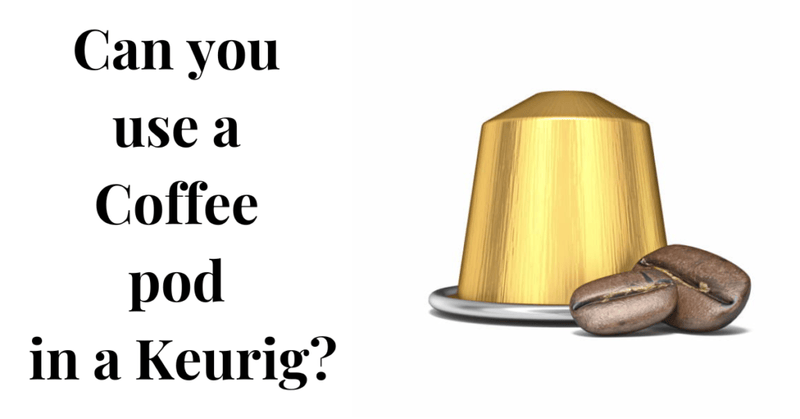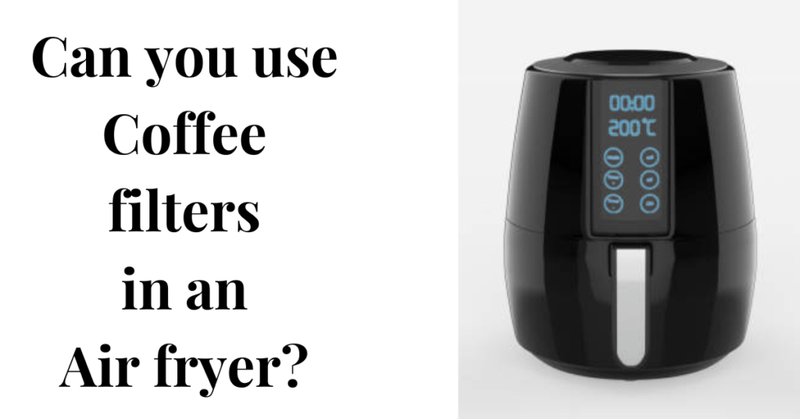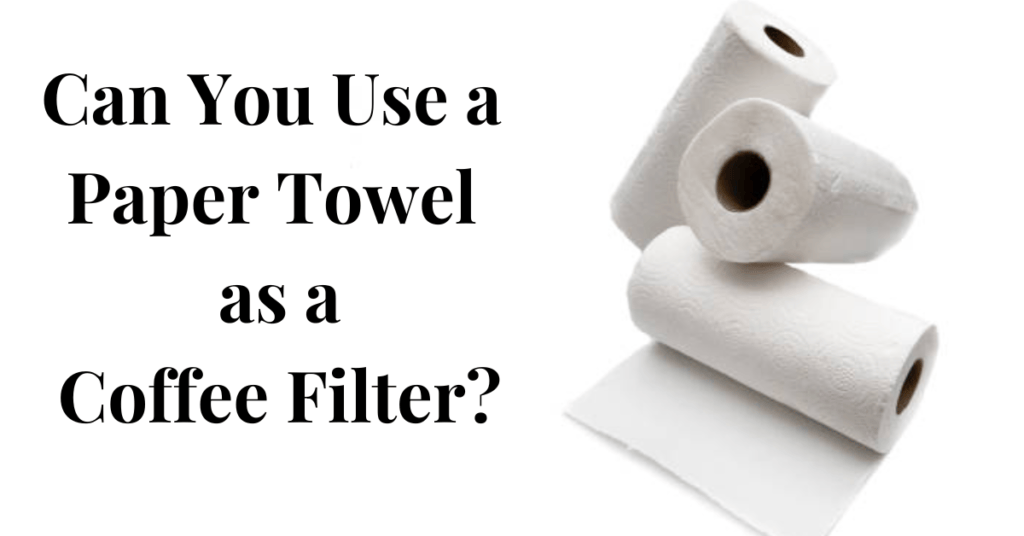Coffee lovers often debate whether metal or paper filters make the best brew. Each impacts taste, aroma, and texture differently. This guide compares their pros and cons and offers tips—like using a clean cloth to maintain your metal filter—for the perfect cup every time.
As an affiliate site, we are associated with the amazon. We might receive a commission when you use links or recommendations on our website to make qualified purchases. The cost you pay for the goods or services is unaffected by this.
Table of Contents
Understanding Coffee Filters: Metal vs. Paper

Before diving into which filter is superior, it’s essential to understand how each filter type works and what sets them apart.
Metal Coffee Filters

Metal coffee filters are typically made of stainless steel or gold mesh and are designed to be reusable. These filters have larger holes than paper filters, allowing more coffee oils and fine particles, often called “fines,” to pass through into the cup. This design impacts both the flavor and the texture of the coffee.
Key Characteristics of Metal Filters:
- Reusable and Durable: Metal filters are built to last. They can be washed and reused indefinitely, making them a more sustainable option compared to disposable paper filters.
- Allows Oils and Fines Through: Metal filters’ mesh design allows more natural oils and finer coffee particles to pass through, leading to a richer and more full-bodied coffee experience.
- Environmentally Friendly: Metal filters are eco-friendly because they are reusable and generate less waste than paper filters.
Paper Coffee Filters

Paper coffee filters are made from bleached or unbleached paper and are designed to be used once and then discarded. Their finer pore structure traps most of the coffee grounds and oils, resulting in a cleaner and lighter cup of coffee.
Key Characteristics of Paper Filters:
- Disposable and Convenient: Paper filters are single-use, which means there is no need for cleaning. After brewing, the filter and grounds can be easily discarded.
- Removes Oils and Fines: The fine structure of paper filters catches almost all coffee oils and fine particles, which leads to a cleaner, brighter cup of coffee with less body.
- Widely Available: Paper filters come in various sizes and shapes to fit different coffee makers, from drip coffee machines to pour-over setups.
Comparing Metal and Paper Coffee Filters
To determine which type of filter might be better for you, let’s compare metal and paper coffee filters across several key factors:
1. Flavor Profile
The type of filter you use can significantly affect the flavor of your coffee:
- Metal Filters: These filters allow more of the coffee’s natural oils and micro-grounds to pass through, resulting in a fuller, richer flavor profile. The oils contribute to a more pronounced aroma and a heavier mouthfeel. If you enjoy a bold, robust cup of coffee, a metal filter might be the better choice.
- Paper Filters: Because paper filters trap most of the coffee oils and fines, the resulting brew is often cleaner, brighter, and lighter in body. This type of filter is ideal for those who prefer a smoother, more refined cup with a less intense flavor profile.
2. Environmental Impact
For environmentally-conscious coffee drinkers, the sustainability of the filter is an important consideration:
- Metal Filters: These filters are reusable, meaning they do not contribute to daily waste. They are made from durable materials like stainless steel, which can last years if properly cared for. This makes metal filters an eco-friendly option.
- Paper Filters: While paper filters are biodegradable, they are still single-use and generate waste with every brew. Some paper filters are also bleached, which involves chemical processing. Unbleached paper filters are a slightly more sustainable option, but they still create waste compared to reusable metal filters.
3. Convenience and Maintenance
The convenience of using and cleaning your coffee filter is another important factor:
- Metal Filters: Although metal filters are reusable, they require regular cleaning to prevent the buildup of oils and residue. After each use, they need to be rinsed thoroughly, and occasionally they need a more detailed cleaning to maintain their performance. Some coffee drinkers find this extra maintenance a hassle.
- Paper Filters: Paper filters are convenient because they are disposable. After brewing, you simply discard the filter and grounds, without cleaning. This makes them ideal for those who prefer a quick and easy coffee-making process.
4. Cost
The cost-effectiveness of each filter type can vary depending on your coffee habits:
- Metal Filters: Although metal filters have a higher upfront cost, they are reusable and durable, which can save money in the long run. If you brew coffee frequently, investing in a metal filter could be more economical.
- Paper Filters: Paper filters are inexpensive per unit but can add up over time, especially for daily coffee drinkers. The ongoing expense of buying replacement filters makes them less cost-effective in the long run compared to metal filters.
5. Health Considerations
For some coffee enthusiasts, the health implications of their brewing method are a concern:
- Metal Filters: Because metal filters allow oils and fines to pass through, they result in a higher concentration of the cholesterol-raising compound cafestol in the coffee. For those concerned about cholesterol levels, this is an important consideration.
- Paper Filters: Paper filters effectively trap cafestol, making them a healthier option for those worried about the cholesterol content in their coffee. They provide a cleaner cup that is lower in potentially harmful oils.
Pros and Cons of Metal Coffee Filters
Pros:
- Reusable and durable, leading to long-term savings.
- Eco-friendly as they reduce waste.
- Produce a fuller, richer coffee with more body and oils.
- Compatible with most coffee makers.
Cons:
- Require regular cleaning and maintenance.
- Higher initial cost.
- Allow more oils and fines, which might not be preferred by those who like a cleaner cup.
- Potentially higher levels of cafestol affect cholesterol.
Pros and Cons of Paper Coffee Filters
Pros:
- Disposable, making them convenient with no need for cleaning.
- Provide a cleaner, brighter cup of coffee with a smoother taste.
- Reduce the number of oils and fines, which is ideal for those who prefer less intense flavors.
- Trap cafestol, potentially making them a healthier option.
Cons:
- Single-use, creating more waste and an ongoing cost.
- Can affect the environment, especially if bleached.
- Less durable, requiring constant replacement.
- Limited impact on richer flavors due to the removal of oils.
More Guide You Can Read
- How to clean cloth Coffee filter: Brew Brilliance: Keep It Clean, Keep It Cloth!
- How often to clean resuable Coffee filter: From Beans to clean: elevate your Coffee experience.
- How to filter cold brew Coffee: Refine Your Cold Brew: Mastering the Art of Filtration
- The Instant Fix || Can Instant Coffee Keep You Awake (A Deep Dive)
- How to Filter Coffee from a French Press || The Ultimate Guide
FAQs||Metal Coffee Filters Better Than Paper
Can I reuse paper coffee filters?
Paper coffee filters are designed for single use and generally should not be reused. Reusing them can lead to poor performance, potential tearing, and off-flavors in your coffee.
Are there any other types of coffee filters available?
Yes, aside from metal and paper filters, there are also cloth filters. These are reusable like metal filters and offer a middle ground by trapping more oils than paper filters but fewer than metal filters, resulting in a unique flavor profile.
Which type of filter is best for health?
If you’re concerned about cholesterol, paper filters are a better option. They trap cafestol, which can raise cholesterol levels, while metal filters allow this compound to pass through.
How often should I clean my metal coffee filter?
To prevent the buildup of coffee oils and residue, rinse your metal coffee filter after each use and give it a more thorough cleaning with soap and water weekly or as needed.
Do metal filters affect the acidity of coffee?
Metal filters do not significantly affect the acidity of the coffee. However, because they allow more oils and fines through, the perceived acidity might be lower compared to coffee made with paper filters.
Conclusion
Ultimately, whether metal coffee filters are better than paper depends on your personal preferences. If you enjoy a robust, full-bodied cup and prefer a sustainable, reusable option, a metal filter might be ideal.
For those who favor a smoother cup with minimal cleanup, or want to experiment by adding milk to coffee pods, a paper filter could be the better choice. Understanding the differences and benefits of each helps you make the right decision to enhance your coffee experience.








You need to take part in a contest for probably the greatest blogs on the web. I’ll advocate this website!